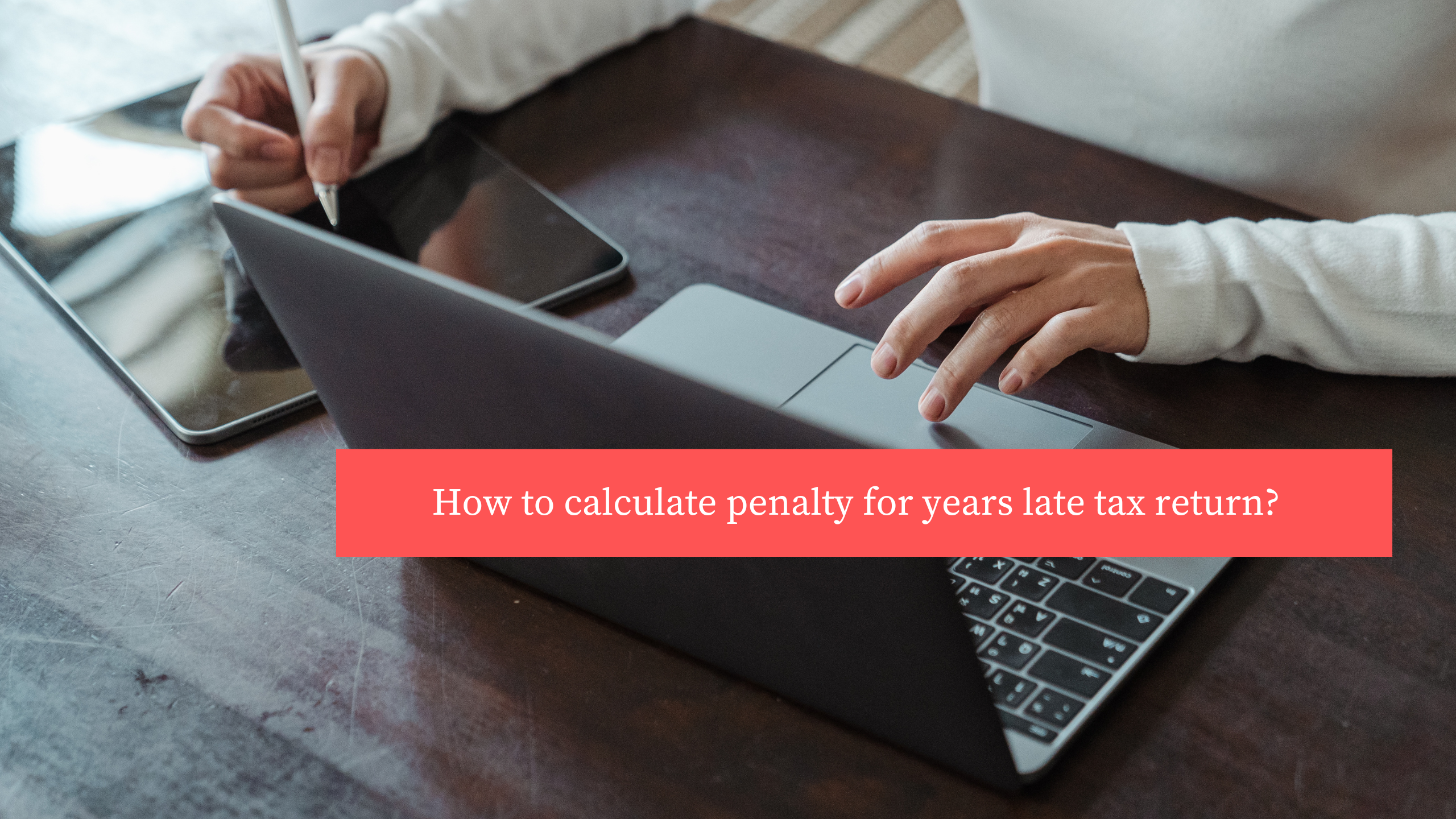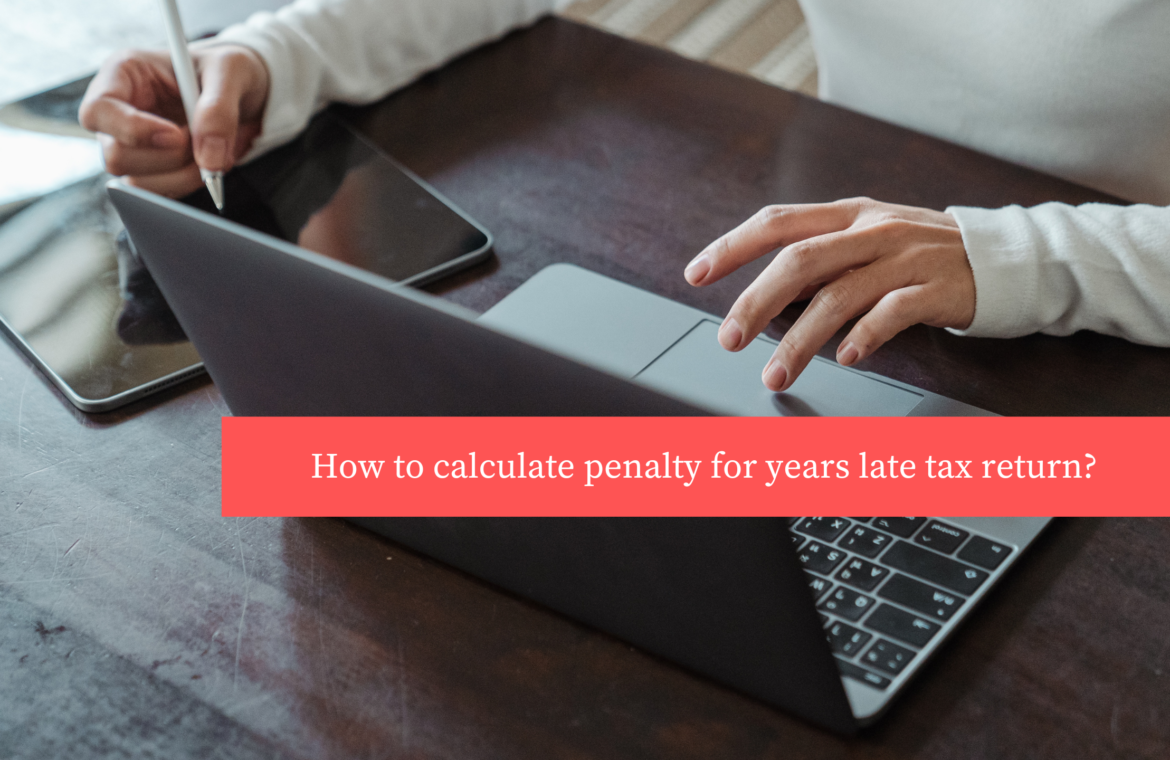When filing a tax return after the due date, taxpayers may face penalties based on the delay and the amount of unpaid taxes. Penalties typically include a late filing fee and interest charges, which increase the longer the return is delayed. The penalty for late tax return filing varies depending on the jurisdiction, but is generally a percentage of the unpaid tax liability, compounded monthly. Some tax authorities may also impose a fixed penalty for returns filed beyond a certain timeframe. Understanding these penalties is crucial to avoid financial consequences and comply with tax laws effectively.

Introduction to Late Tax Return Penalties
Late tax return filing can result in various penalties, affecting both individuals and businesses. These penalties are intended to encourage timely tax submission and payment compliance. Typically, the main penalty for late filing includes a fine or late fee, which increases the longer the return remains unfiled. Moreover, interest may accrue on any unpaid taxes, compounding over time and adding to the total financial burden. Penalties differ by jurisdiction, but they are often calculated either as a percentage of the unpaid taxes or based on the number of months the return is delayed.
In certain cases, a fixed penalty may be imposed if the return is excessively overdue. It is crucial for taxpayers to be aware of these regulations and the potential penalties to avoid unnecessary costs and ensure compliance with tax laws. By understanding the consequences of late filing, individuals and businesses can make informed decisions and fulfill their tax obligations in a timely manner.
Common Penalties for Late Filing
Penalties for late tax filing can substantially increase the financial burden on taxpayers. Here’s a breakdown of typical penalties:
- Late Filing Fee: A frequent penalty is a late filing fee, often calculated as a percentage of unpaid taxes. This fee can grow over time and may be applied monthly, increasing the total liability with each passing month of delay.
- Interest Charges: Interest is charged on any outstanding tax amounts, compounding monthly, which adds to the overall financial burden.
- Fixed Penalty: Some tax authorities impose a fixed penalty if the tax return is filed after a considerable delay, irrespective of the amount due.
- Severe Consequences for Repeated Delays: Repeated late filings can result in more severe repercussions, such as legal action or heightened scrutiny from tax authorities.
How to Calculate Late Filing Penalty?
To calculate a late filing penalty, follow these steps:
- Determine the Penalty Rate: Check the penalty rate set by your jurisdiction’s tax authority. This rate is usually a percentage of the unpaid taxes.
- Calculate the Base Penalty: Multiply the penalty rate by the amount of unpaid taxes. For instance, with a 5% penalty rate on $1,000 in taxes, the base penalty would be $50 ($1,000 x 0.05).
- Include Additional Fees: Factor in any additional fixed fees or fines that might apply after a certain period of delay.
- Calculate Interest Charges: Compute the interest on the unpaid taxes, often compounded monthly. Apply the provided interest rate to the outstanding tax amount.
- Sum All Charges: Add together the base penalty, additional fees, and interest charges to determine the total penalty amount.
- Consider State-Specific Rules: Be mindful of any variations or additional rules specific to your state or jurisdiction.
Understanding Interest Charges on Unpaid Taxes
Interest charges on unpaid taxes can greatly increase the amount owed as time progresses. These charges are generally calculated using a monthly compounding rate, meaning that interest accrues on both the initial unpaid tax amount and any accumulated interest. The interest rate is set by tax authorities and can vary based on jurisdiction and economic factors. To calculate the total interest, apply the monthly interest rate to the outstanding balance. For instance, if you owe $1,000 and the monthly interest rate is 1%, the interest for that month would be $10 ($1,000 x 0.01). As interest compounds, the total debt can grow significantly. Addressing unpaid taxes promptly is essential to limit interest charges and prevent escalating debt. Understanding the interest calculation process enables taxpayers to manage their liabilities more effectively and avoid significant long-term financial burdens.
Maximum Limits on Late Filing Penalties
Maximum limits on late filing penalties are established to prevent excessive charges for overdue tax returns. Tax authorities set these limits to ensure penalties remain fair and reasonable. Typically, the maximum penalty may be a fixed amount or a percentage of the unpaid taxes, with a cap applied after a certain period of delay. For instance, a tax authority might impose a penalty of up to 25% of the unpaid taxes or a fixed amount after several months. These caps are intended to enforce timely tax payments without imposing disproportionately severe penalties. Knowing these maximum limits helps taxpayers understand the potential impact of late filing and prompts timely action to reduce penalties. Awareness of these limits aids in better financial planning and ensures compliance with tax obligations, ultimately preventing unexpected financial strain from excessive late filing charges.
How to Reduce or Avoid Penalties?

Hello, I am Tanisha Kriplani, graduated in computer science from Delhi University. I am passionate about web content writing and have a strong interest in Data Analytics and Data Engineering.












